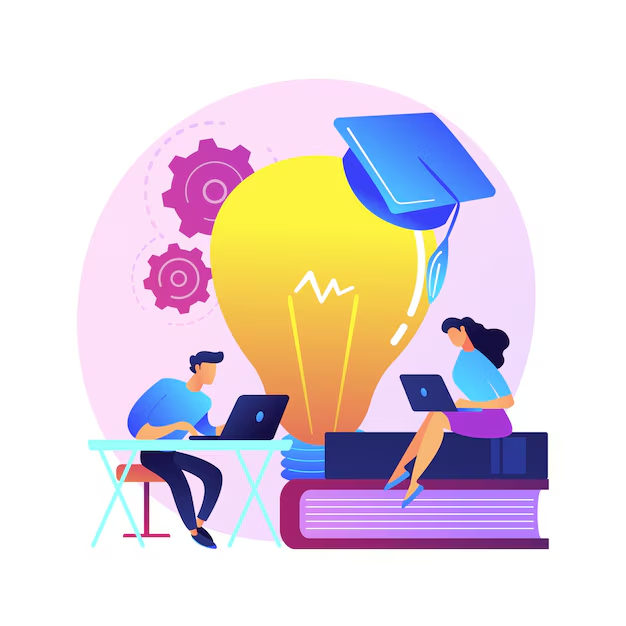In a rapidly changing world, the importance of adult education and skill building has never been greater. Whether you’re looking to advance your career, switch industries, or simply pursue personal growth, developing new skills can open doors to countless opportunities. This article explores the benefits of adult education, key areas of focus, and practical strategies for lifelong learning.

1. Why Adult Education Matters
Adult education goes beyond traditional schooling, encompassing a variety of learning opportunities designed to help individuals achieve personal and professional goals. Key benefits include:
- Career Advancement: Gain skills that can lead to promotions, higher salaries, or new job opportunities.
- Personal Development: Cultivate hobbies, interests, and a deeper understanding of the world.
- Adaptability: Stay relevant in an ever-evolving job market by learning new technologies and methods.
- Confidence Boost: Acquiring new skills can enhance self-esteem and motivate further growth.

2. Areas of Focus in Adult Education
a. Professional Skills
- Technical Skills: Master industry-specific tools and software.
- Soft Skills: Develop communication, leadership, and problem-solving abilities.
- Project Management: Learn to manage teams, budgets, and timelines effectively.
b. Digital Literacy
In today’s digital age, understanding technology is crucial:
- Basic Computer Skills: Familiarize yourself with essential software and online tools.
- Coding and Web Development: Learn programming languages to build websites or apps.
- Cybersecurity Awareness: Protect personal and professional data from cyber threats.
c. Language Learning
Mastering a new language can enhance travel experiences, cultural understanding, and job prospects.
d. Personal Finance
Understanding budgeting, investing, and financial planning is essential for long-term security.
e. Health and Wellness
Courses on nutrition, fitness, and mental health promote overall well-being.

3. How to Get Started with Adult Education
a. Identify Your Goals
Clarify what you want to achieve—whether it’s a career change, personal growth, or mastering a specific skill.
b. Explore Learning Options
There are various ways to pursue adult education:
- Community Colleges and Universities: Offer part-time courses and certifications.
- Online Platforms: Websites like Coursera, Udemy, and LinkedIn Learning provide flexible, self-paced courses.
- Workshops and Seminars: Short-term programs focused on specific topics.
- Industry Certifications: Gain credentials in fields like IT, healthcare, or project management.
c. Create a Learning Plan
Set realistic timelines and milestones. Dedicate regular time each week to study or practice.
4. Overcoming Challenges in Adult Learning
Balancing education with work, family, and other commitments can be challenging. Here’s how to stay on track:
- Time Management: Prioritize tasks and create a schedule that accommodates learning.
- Motivation: Stay focused by setting clear, achievable goals and rewarding progress.
- Support Network: Join study groups or connect with mentors for encouragement and accountability.
- Adaptability: Be open to adjusting your learning methods and pace as needed.

5. The Role of Employers in Skill Building
Many companies now invest in employee development through:
- Training Programs: In-house workshops or external courses to enhance skills.
- Tuition Reimbursement: Financial support for employees pursuing further education.
- Mentorship Opportunities: Pairing employees with experienced professionals for guidance and growth.
6. Lifelong Learning Mindset
Adopting a mindset of continuous learning ensures you remain adaptable and open to new opportunities. Ways to cultivate this mindset include:
- Reading Regularly: Stay informed about industry trends and self-improvement topics.
- Networking: Attend conferences and join professional groups to exchange knowledge.
- Reflection: Assess your progress and identify areas for further growth.
Conclusion
Adult education and skill building empower individuals to achieve their goals and adapt to an ever-changing world. Whether you’re pursuing professional advancement or personal enrichment, the journey of learning never truly ends. Embrace the opportunities available, invest in your development, and unlock a future full of possibilities.
Remember, it’s never too late to learn something new—your potential is limitless!











